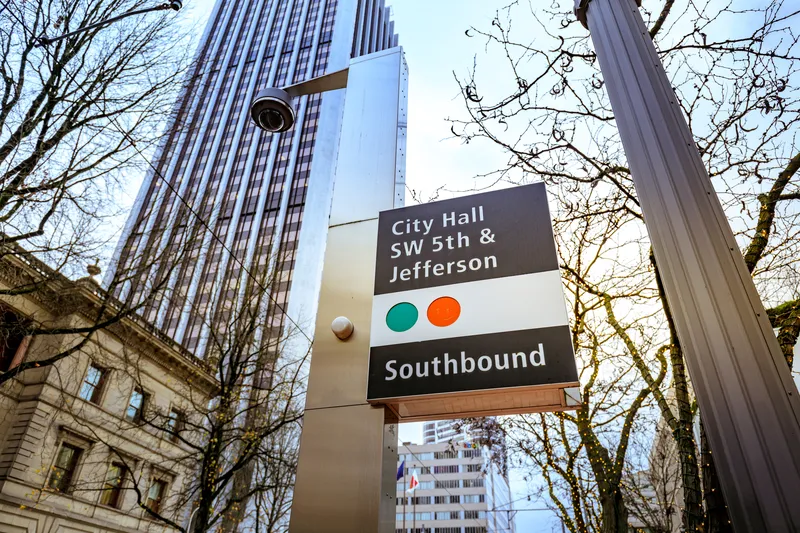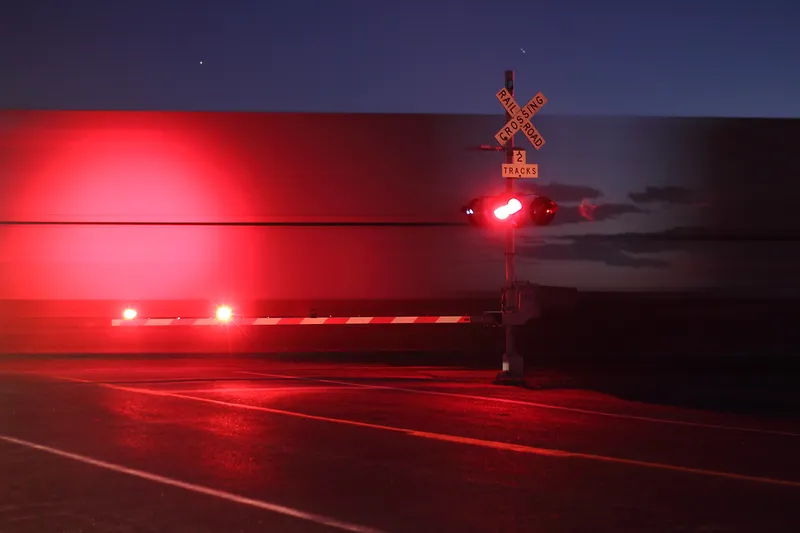
The US Federal Communications Commission (FCC) has adopted final rules - its second report and order - for cellular Vehicle to Everything (C-V2X) technology.
It means that, officially, in-vehicle and roadside units will be permitted to operate C-V2X technology in the 5.9 GHz spectrum band dedicated to ITS.
US transportation agencies and private sector companies can move beyond temporary waivers to fully deploy C-V2X devices.
“The FCC’s efforts to evolve the 5.9 GHz band are a win-win," says FCC Chairwoman Jessica Rosenworcel. "It drives innovation in our wireless and transportation economies and can help keep us safe on our roadways when we walk, ride and drive."
“We applaud the FCC for their work towards the completion of this rulemaking," says ITS America president & CEO Laura Chace. "We stand ready to work with our partners to make the promise of V2X a reality; leveraging transportation connectivity to significantly improve safety outcomes for our communities."
The decision codifies C-V2X technical parameters in the FCC’s rules, including power and emission limits and message prioritisation.
The rules provide flexibility for the auto industry to use three 10-megahertz channels either separately or in combination as a 20-megahertz channel or as a single 30-megahertz channel.
The FCC's order permits devices that have already been authorised under C-V2X waivers to continue to be marketed and operated.
It also provides a timeline for 'sunsetting' existing dedicated short-range communications (DSRC)-based technology.








